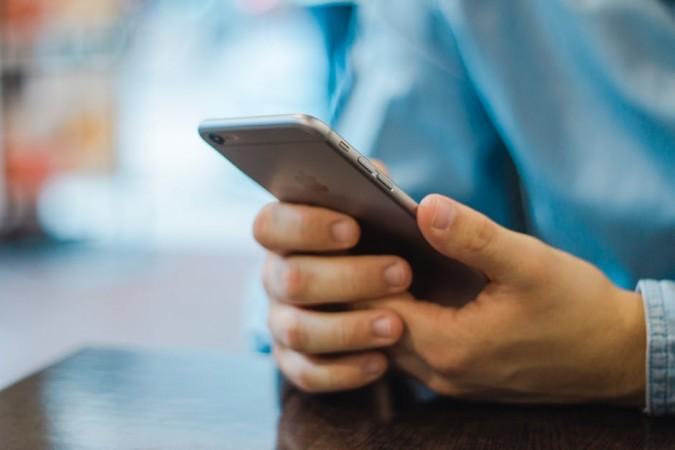![[Representational Image] alcohol](https://data1.ibtimes.co.in/en/full/684949/alcohol.jpg?h=450&l=50&t=40)
Using a built-in sensor, your smartphone can soon tell when you've had too much to drink by detecting changes in the way you walk, reveal researchers.
They envisioned that in the next couple of years, people would go out with friends and drink at risky levels, get an alert at the first sign of impairment and are sent strategies via their devices "to help them stop drinking and protect them from high-risk events".
According to the study published in the Journal of Studies on Alcohol and Drugs, having real-time information about alcohol intoxication could be important for helping people reduce alcohol consumption, preventing drinking and driving.
"We have powerful sensors we carry around with us wherever we go. We need to learn how to use them to best serve public health," said Brian Suffoletto from Stanford University, who conducted the research while at the University of Pittsburgh in the US.
For the results, the research team recruited 22 adults aged 21-43.

Volunteers came to a lab and received a mixed drink with enough vodka to produce a breath alcohol concentration of 0.20 per cent. They had one hour to finish the alcohol.
The participants had their breath alcohol concentration analysed and performed a walking task.
For this task, researchers placed a smartphone on each participant's lower back, secured with an elastic belt. Participants walked a straight line for 10 steps, turned around, and walked back 10 steps.
About 90 per cent of the time, the researchers were able to use changes in gait to identify when participants' breath alcohol concentration exceeded 0.08 per cent, the legal limit for driving in the US.
"This lab study shows that our phones can be useful to identify 'signatures' of functional impairments related to alcohol," Suffoletto said.
Although placing the smartphone on the lower back does not reflect how people carry their cell phones in real life, the research group plans to conduct additional research while people carry phones in their hands and in their pockets.
The researchers also wrote that this is a "proof-of-concept study" that provides a foundation for future research on using smartphones to remotely detect alcohol-related impairments.

















